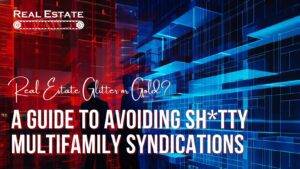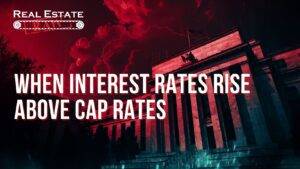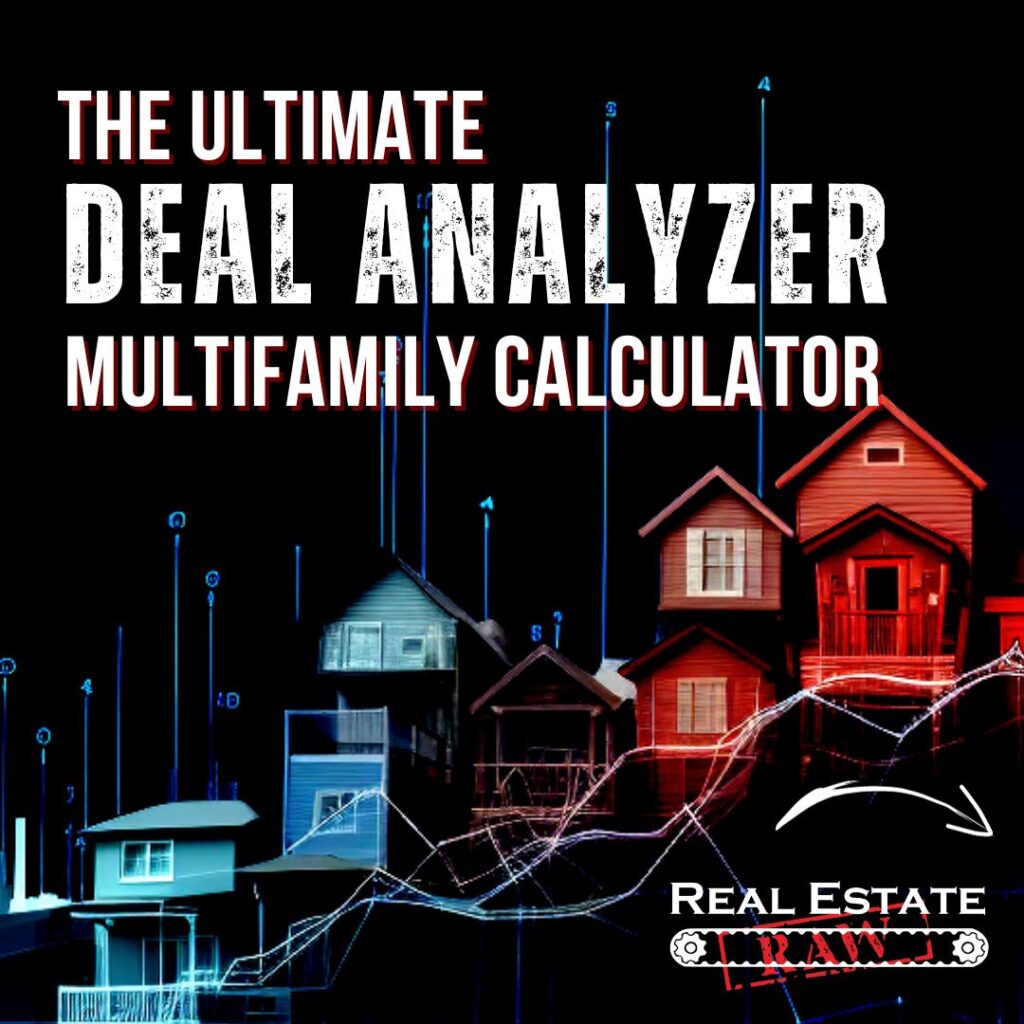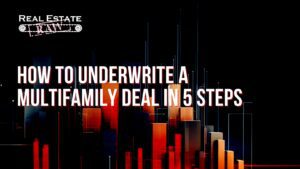The Howey Test is a short set of guidelines set out by the Securities and Exchange Commission (SEC) that helps to quickly determine if the investment you have is actually a security in the eyes of the SEC.
If I have a house and I want to fix it up and sell it. I come to you and say “hey, you put up the cash to pay for the renovations and I will do the work, and we will split the profits.” Is that a security?
According to the Howey test… yes.
I am not an attorney nor giving legal advice in the article, but the Howie test is a little-known concept that can have huge implications in the real estate business if you raise money from investors to do deals. Here is the test.
“Investment of money in a common enterprise with a reasonable expectation of profits to be derived from the efforts of others.” – SEC
If you are putting money into an investment and you expect to make money (cash flow, appreciation, IRR etc.) you need to decide if this is a passive investment or not. If someone is investing in a project of yours, do they have control over the returns created by their investment? Are they an operational partner with voting rights or are they a “silent” partner?
These are things that can cause you to inadvertently create an unregistered security. The Howey Test is meant to a quick “acid test” as to whether you are creating a security or not. Certainly, you need to contact an SEC attorney for real advice, but this is meant to bring your attention to this subject if you are new to raising money. There are laws to be aware of.
If you decide that your investment qualifies as a security, a lawyer who specializes in securities work can create a private placement memorandum (PPM) for your deal. A PPM consists of three subparts.
- The subscription agreement
- The operating agreement
- The investor questionnaire
Your attorney will create these documents for you and guide you on their use. Once the PPM is completed by the investor the attorney will register the filing per the registration requirements under the Securities Act of 1933 and the Securities Exchange Act of 1934.
In my 19 years of owning, operating, and syndicating multifamily deals it has been my experience that a financial enforcement agency like the SEC, tends not to initiate investigations into private deals…unless someone calls them.
-Who might call the SEC on you?
Angry investor.
-Why would they do that?
You lost their money.
-How did that happen?
You had a capital call (for whatever reason).
In my experience I have seen a lot of “fund raisers” violate these rules. I have also seen a lot of people who openly advertise online (in a way that would suggest) that they are breaking the rules. Don’t do that.
Use the Howey Test to quickly decide if you need to seek legal advice on your investment offering. If you have investors that are “passive” in the investment… it’s probably a security.
For more information on this subject go to www.realestateraw.com or join the Facebook group Real Estate Raw for Investors.


































